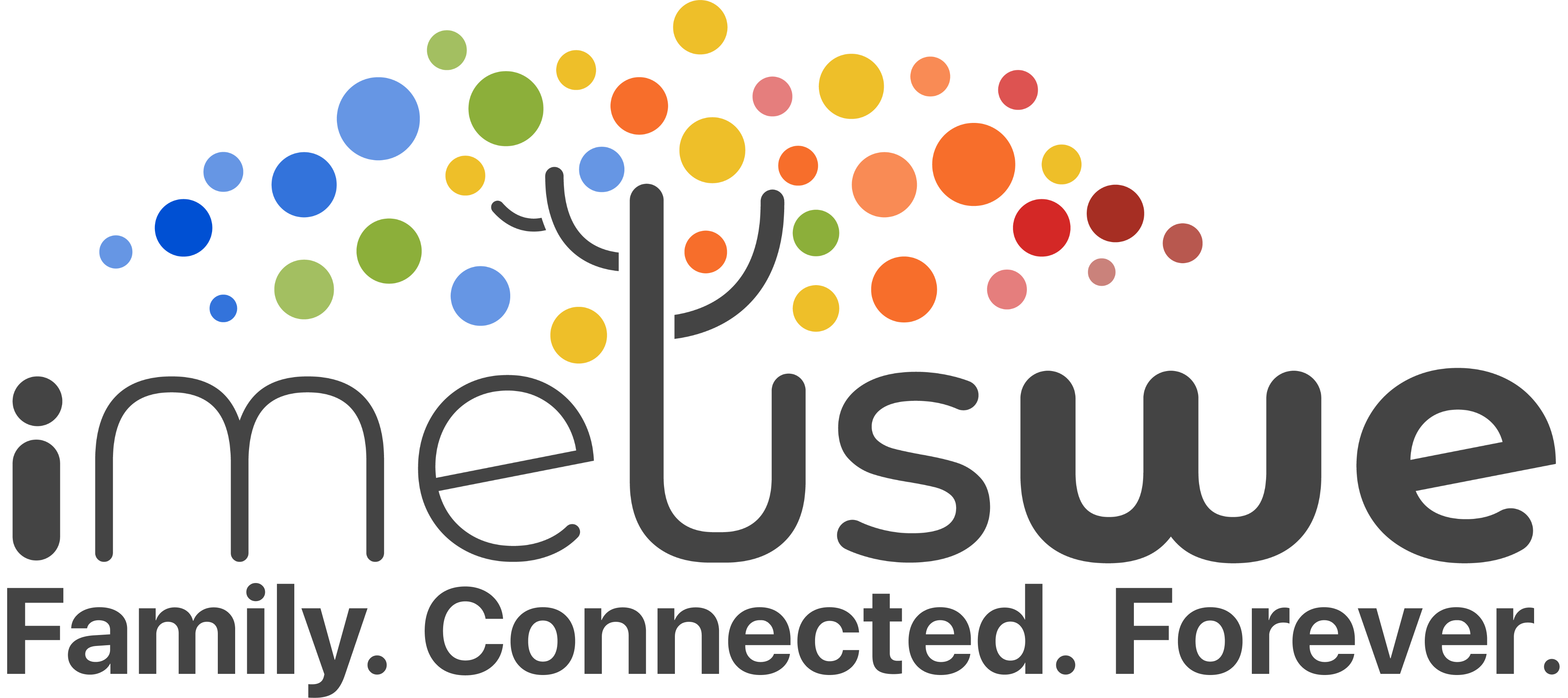Hypertension, also known as high blood pressure, is a prevalent cardiovascular condition that affects millions of people worldwide. It’s often called the “silent killer” because it can progress without any noticeable symptoms, but it significantly increases the risk of heart disease, stroke, and other serious health problems.
This blog focuses on hypertension symptoms, its causes, and effective treatments that can help you manage your blood pressure and lead a healthier life.
Understanding Hypertension Symptoms
Hypertension symptoms or High blood pressure is defined as consistently elevated blood pressure readings above normal levels (more than 120/80 mm Hg). This can be subtle or completely absent, especially in the early stages. However, some people may experience:
- Headaches: Persistent or severe headaches, particularly in the morning.
- Dizziness: Frequent spells of dizziness or light-headedness.
- Shortness of Breath: Difficulty in breathing or feeling breathless.
- Nosebleeds: Unexplained nosebleeds, though rare, can occur.
- Chest Pain: A feeling of tightness or pain in the chest.
- Vision Problems: Blurred vision or seeing spots.
- Fatigue: Unexplained fatigue or a general feeling of being unwell.
It’s crucial to note that these symptoms can also be related to other health conditions. Therefore, regular blood pressure checks are essential for early detection and management of hypertension.
Causes of Hypertension
Lifestyle plays one of the significant roles in the development of hypertension. Poor dietary choices, lack of physical activity, and high stress levels can lead to elevated blood pressure. Additionally, genetic predisposition and family history can also increase the risk of developing hypertension. Age, race, and gender are other contributing factors influencing an individual’s likelihood of developing high blood pressure.
How is Hypertension Related to DNA?
Your DNA plays a significant role in determining your risk for hypertension. Certain genes have been associated with an increased risk of high blood pressure, particularly in individuals with a family history of the condition. Understanding the genetic component of hypertension can help you make treatment decisions and take preventive measures. Understanding the genetic basis of hypertension can help in identifying at-risk individuals and developing personalised treatment strategies for individuals with a family history of hypertension to assess their risk and tailor interventions accordingly.
Effective Hypertension Treatments
Hypertension treatments involve a combination of lifestyle changes and medications. Here are some effective treatments:
1. Lifestyle Changes:
- Healthy Diet: Adopt a diet rich in fruits, vegetables, whole grains, and lean proteins. The Dietary Approaches to Stop Hypertension (DASH) diet is particularly effective.
- Reduce Sodium Intake: Limiting salt consumption in your diet can help in lowering the blood pressure. Aim for not more than 1.5 grams for adults.
- Regular Exercise: Engage in at least 60-120 minutes of moderate intensity exercise each week, such as brisk walking, cycling, or swimming.
- Maintain a Healthy Weight: Losing even a small amount of weight, especially if you’re overweight, can significantly lower your blood pressure.
- Limit Alcohol: Reduce alcohol consumption to no more than one drink per day for women and two drinks per day for men.
- Quit Smoking: Smoking cessation can improve your overall cardiovascular health and lower your blood pressure.
2. Medications
Depending on your blood pressure readings and overall health, your doctor may prescribe one or more medications to help control your hypertension. Medications such as ACE inhibitors, beta-blockers, and diuretics are commonly prescribed to lower blood pressure.
How to Lower High Blood Pressure Naturally
In addition to medication, there are several natural ways to lower high blood pressure:
- Stress Management: Practice relaxation techniques such as deep breathing, meditation, or yoga to manage stress.
- Herbal Supplements: Some supplements, like garlic, hibiscus, and omega-3 fatty acids, have been shown to help lower blood pressure. However, it is always advised to consult your doctor before starting any supplement.
- Have a Healthy Diet: Increase your intake of fruits such as bananas, sweet potatoes, vegetables, fish, etc., that are rich in potassium. This can help balance the effects of sodium and reduce blood pressure.
- Regular Monitoring: Monitor your blood pressure at home and visit your doctor regularly to ensure the effectiveness of your treatment plan.
Conclusion
Hypertension or high blood pressure is a serious condition that requires attention and proactive management. You can take control of your health by understanding hypertension symptoms, the causes of high blood pressure, and effective treatments. Remember, regular monitoring and lifestyle changes play a crucial role in managing hypertension. Consider getting your DNA tested to check on the genetic factors and risks associated with it, if any.
Take the iMeUsWe DNA test to understand your risk for various health conditions.
Interesting Articles
- DNA Privacy Tips: How To Keep Your Genetic Data Safe
- How Clan and Gotra Shape Indian Surname Origins
- Patronymic and Matronymic Traditions in Indian Family Stories
- How Can I Check My DNA? How Does DNA Differ from Person to Person?
- Understanding Inherited Cancer Risks: How Genetics Impact Your Health
- The Evolution of Indian Genealogy: Digital vs. Traditional Methods
- Depression and Anxiety: Unravelling the Genetic Connections
- What You Need to Know about DNA Testing for Family History
- Understanding the Costs of Genetic Testing and What You Can Expect
- Kartik Purnima: A Celebration of Faith, Purity and Indian Heritage


